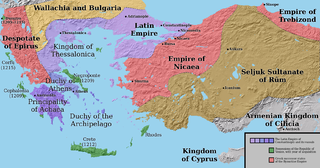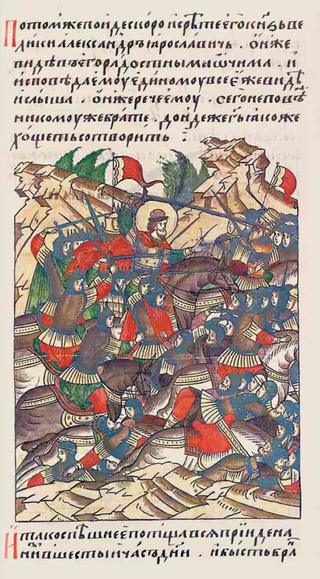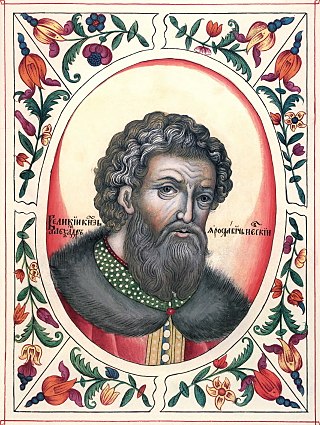| Millennium: | 2nd millennium |
|---|---|
| Centuries: | |
| Decades: | |
| Years: |
| 1242 by topic |
|---|
| Leaders |
| Birth and death categories |
| Births – Deaths |
| Establishments and disestablishments categories |
| Establishments – Disestablishments |
| Art and literature |
| 1242 in poetry |
| Gregorian calendar | 1242 MCCXLII |
| Ab urbe condita | 1995 |
| Armenian calendar | 691 ԹՎ ՈՂԱ |
| Assyrian calendar | 5992 |
| Balinese saka calendar | 1163–1164 |
| Bengali calendar | 649 |
| Berber calendar | 2192 |
| English Regnal year | 26 Hen. 3 – 27 Hen. 3 |
| Buddhist calendar | 1786 |
| Burmese calendar | 604 |
| Byzantine calendar | 6750–6751 |
| Chinese calendar | 辛丑年 (Metal Ox) 3939 or 3732 — to — 壬寅年 (Water Tiger) 3940 or 3733 |
| Coptic calendar | 958–959 |
| Discordian calendar | 2408 |
| Ethiopian calendar | 1234–1235 |
| Hebrew calendar | 5002–5003 |
| Hindu calendars | |
| - Vikram Samvat | 1298–1299 |
| - Shaka Samvat | 1163–1164 |
| - Kali Yuga | 4342–4343 |
| Holocene calendar | 11242 |
| Igbo calendar | 242–243 |
| Iranian calendar | 620–621 |
| Islamic calendar | 639–640 |
| Japanese calendar | Ninji 3 (仁治3年) |
| Javanese calendar | 1151–1152 |
| Julian calendar | 1242 MCCXLII |
| Korean calendar | 3575 |
| Minguo calendar | 670 before ROC 民前670年 |
| Nanakshahi calendar | −226 |
| Thai solar calendar | 1784–1785 |
| Tibetan calendar | 阴金牛年 (female Iron-Ox) 1368 or 987 or 215 — to — 阳水虎年 (male Water-Tiger) 1369 or 988 or 216 |

Year 1242 ( MCCXLII ) was a common year starting on Wednesday of the Julian calendar.














